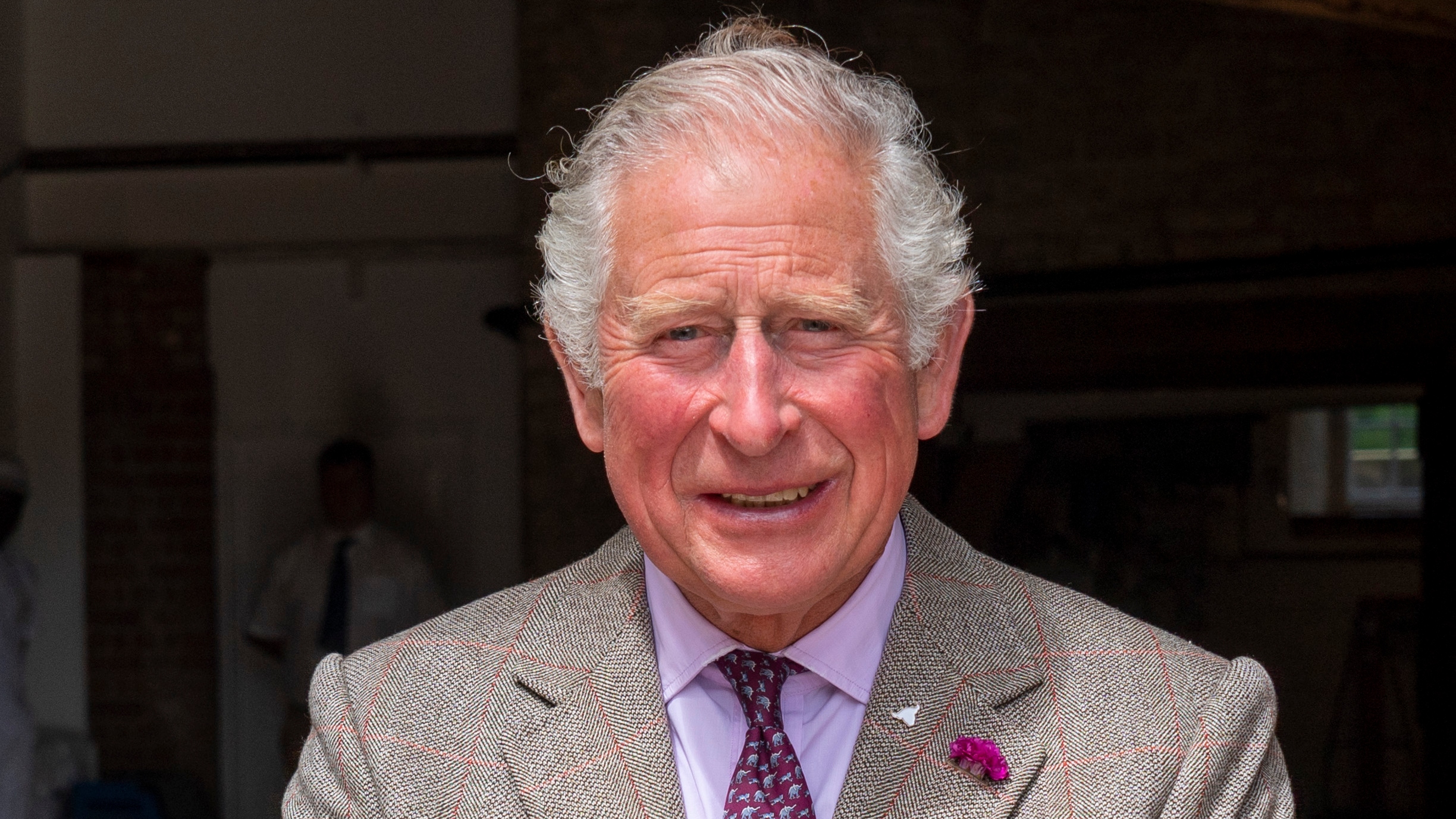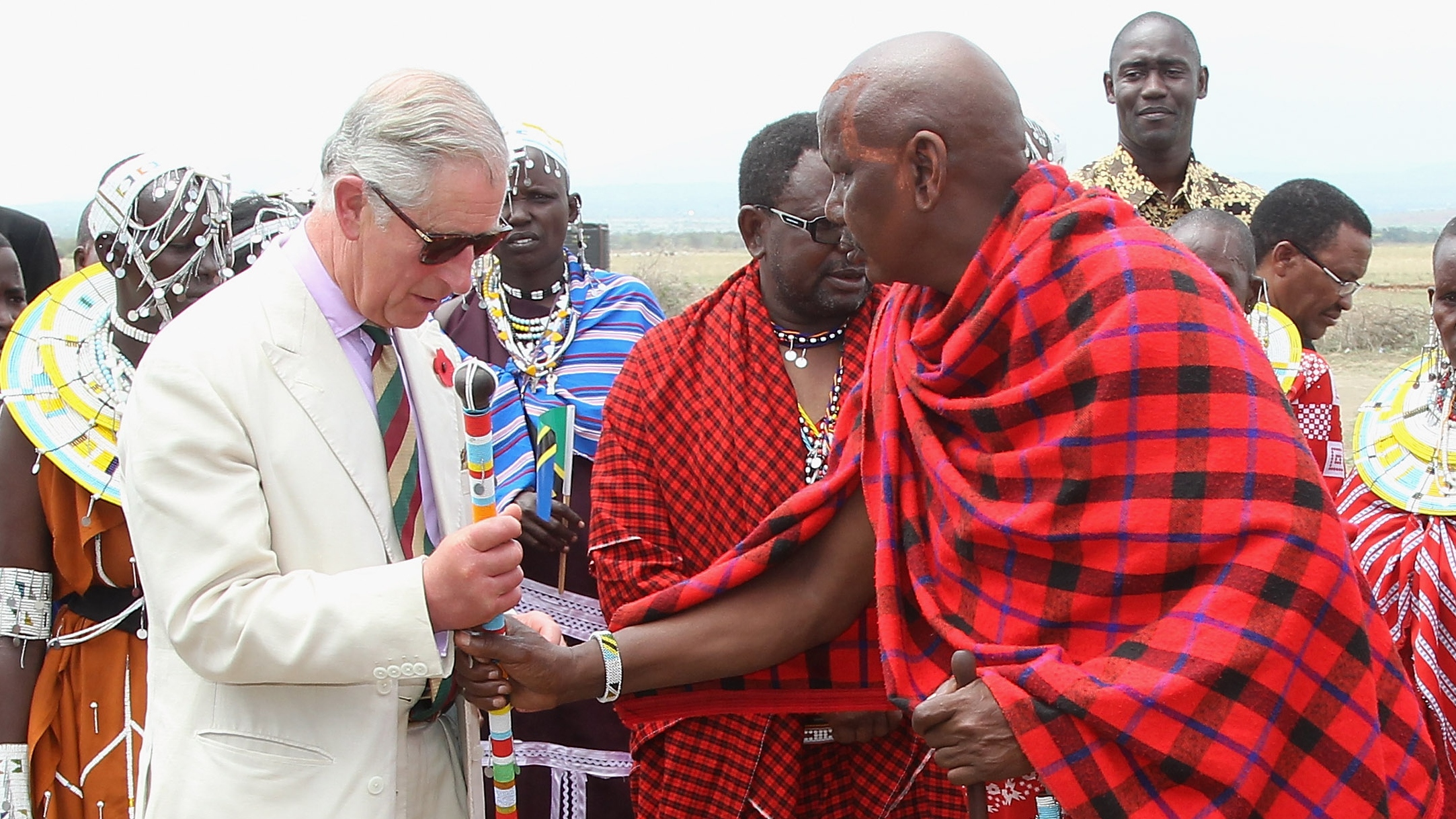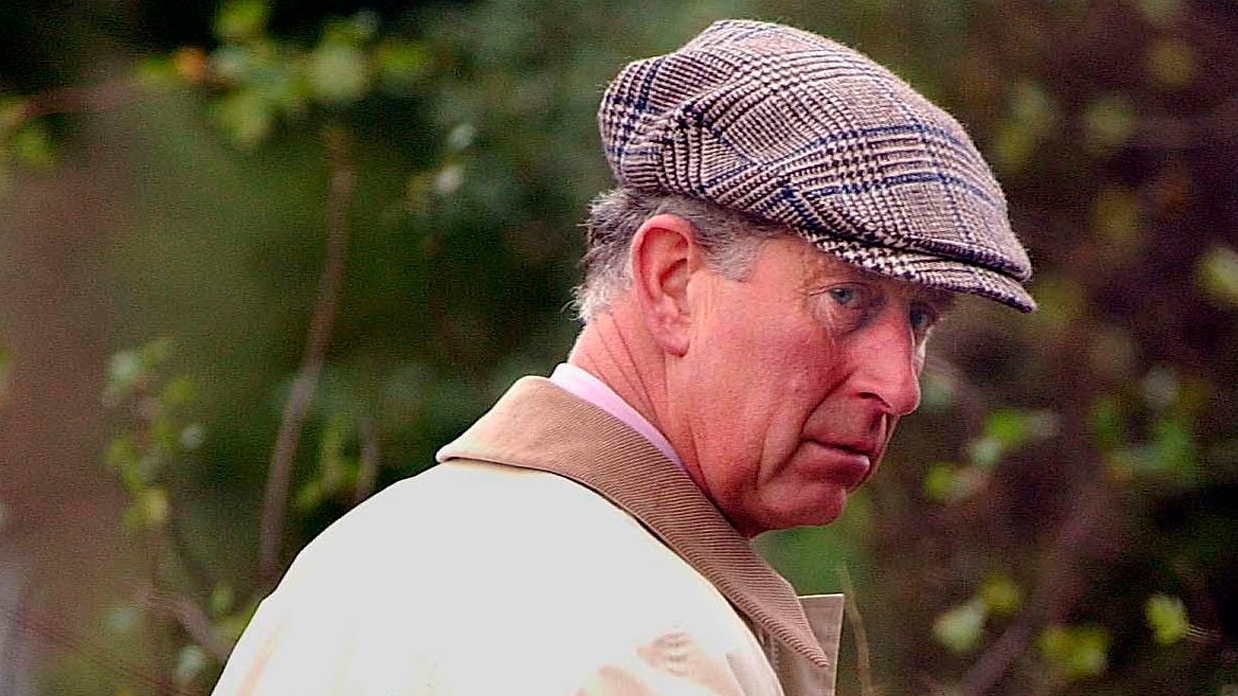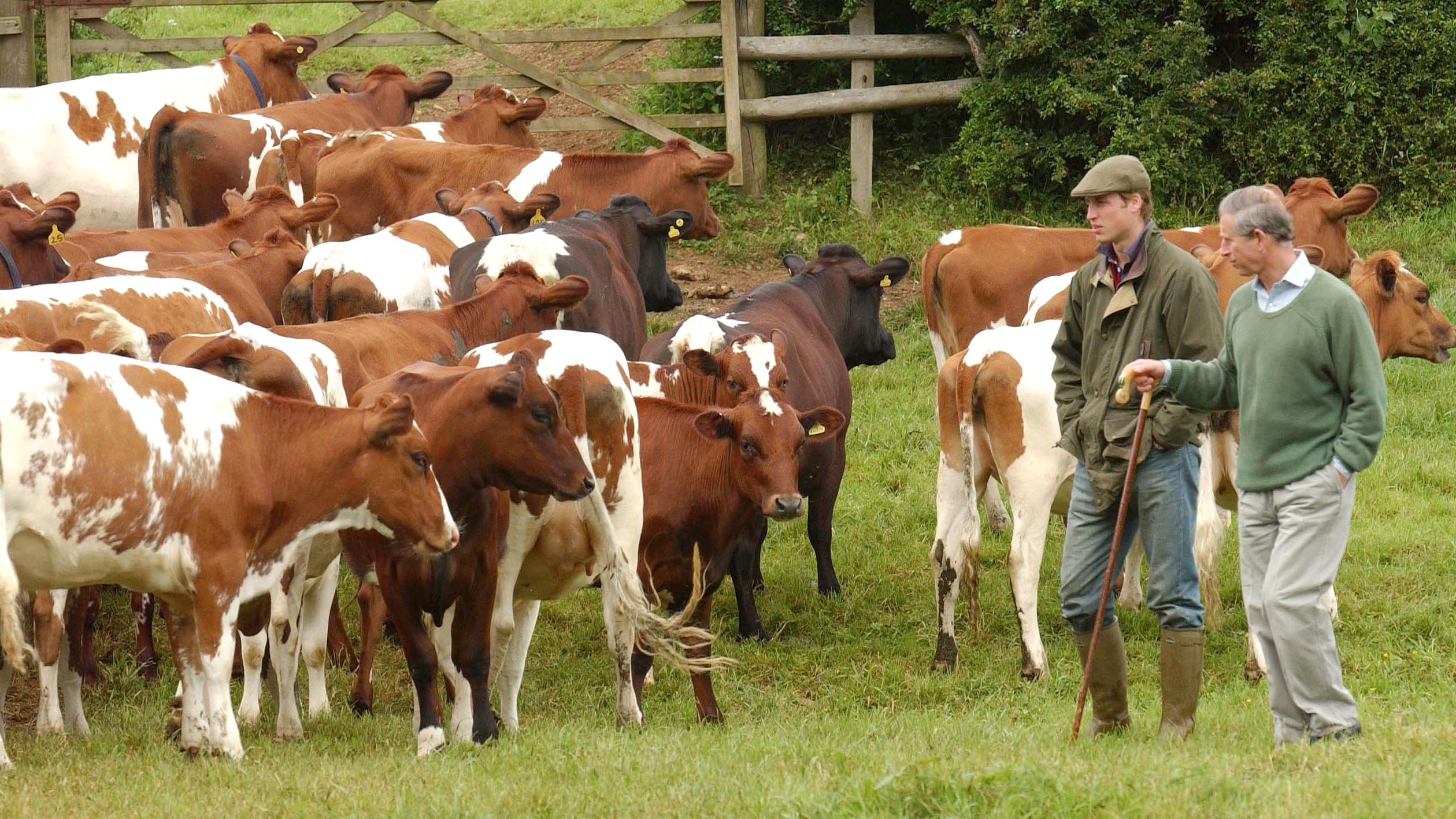
There’s a little-known title King Charles has held for over a decade that Prince William won’t inherit though he could potentially earn it one day.
- His Majesty was given a special title during a trip to Tanzania in 2011 and it honours his contribution to farming.
- It’s likely Prince William won’t inherit this from his father and would have to earn it himself if he were to ever receive the same one.
- This royal news comes as Princess Catherine broke her summer holiday retreat to share a “wonderful” message.
He might now be monarch, but throughout his life King Charles has held a number of prestigious titles, including Prince of Wales, Duke of Cornwall, Duke of Rothesay and Earl of Carrick. All of these particular titles have now been passed down to Prince William, who is first in the royal line of succession. However, there’s one little-known title that King Charles has held for many years now that won’t be automatically passed down to his eldest son.
As revealed by the Royal Family website ahead of His Majesty’s coronation, King Charles’ little-known title was bestowed upon him by the Maasai people back in 2011 during a visit to Tanzania. In recognition of his farming work, the then-Prince of Wales was given the impressive title of Keeper of the Cows.

According to Express.co.uk, the title literally translates as “the one who makes cows cry”, with a village elder Mathayo Rimba Olemirai explaining that animals would cry or call out for their helper because of all he does to support them. The publication went on to claim that King Charles’ little-known title was in tribute to all his work at Home Farm near his Highgrove House home in Gloucestershire in particular.
Back in 2020 the then-Prince Charles gave up the lease on his beloved Home Farm as he prepared for the immense responsibilities of his future role as King. At the time a Clarence House spokesperson confirmed, “The Prince of Wales will not be renewing his lease on Home Farm but will continue to farm organically at Sandringham.”

Before choosing not to renew, King Charles had held a lease at the 1,000 acre Home Farm for 35 years and was instrumental in converting it to an organic farming system. The farm is home to sheep as well as cattle and produce is sold to restaurants and supermarkets. Whilst His Majesty - the “keeper of cows” might no longer be managing Home Farm, he is understood to be involved in the farming at Sandringham in Norfolk.
Like Home Farm, Sandringham has a variety of cows, sheep and crops and King Charles converted it to be organic. His Majesty took over running it from his late father Prince Philip in 2017 - the year the Duke of Edinburgh retired from public duties. So it seems he’s continuing to prove his worthiness of the title bestowed upon him in 2011.

Though it’s one that Prince William isn’t set to have, as it’s likely the “Keeper of Cows” title is only given to individuals and unlike British royal titles like Prince of Wales or Duke of Cornwall, isn’t inherited. He would perhaps have to prove himself equally worthy with his farming work to receive the same title from the Maasai people.
The Prince of Wales inherited the Duchy of Cornwall estate from His Majesty last year and it’s the Duchy that manages Home Farm. Meanwhile, according to the Duchy’s website, about 8,100 hectares of their Dartmoor estate belongs to farms. So it’s possible that with consistent hard work, Prince William could one day receive a similar title to King Charles - though it’s likely far from guaranteed.







